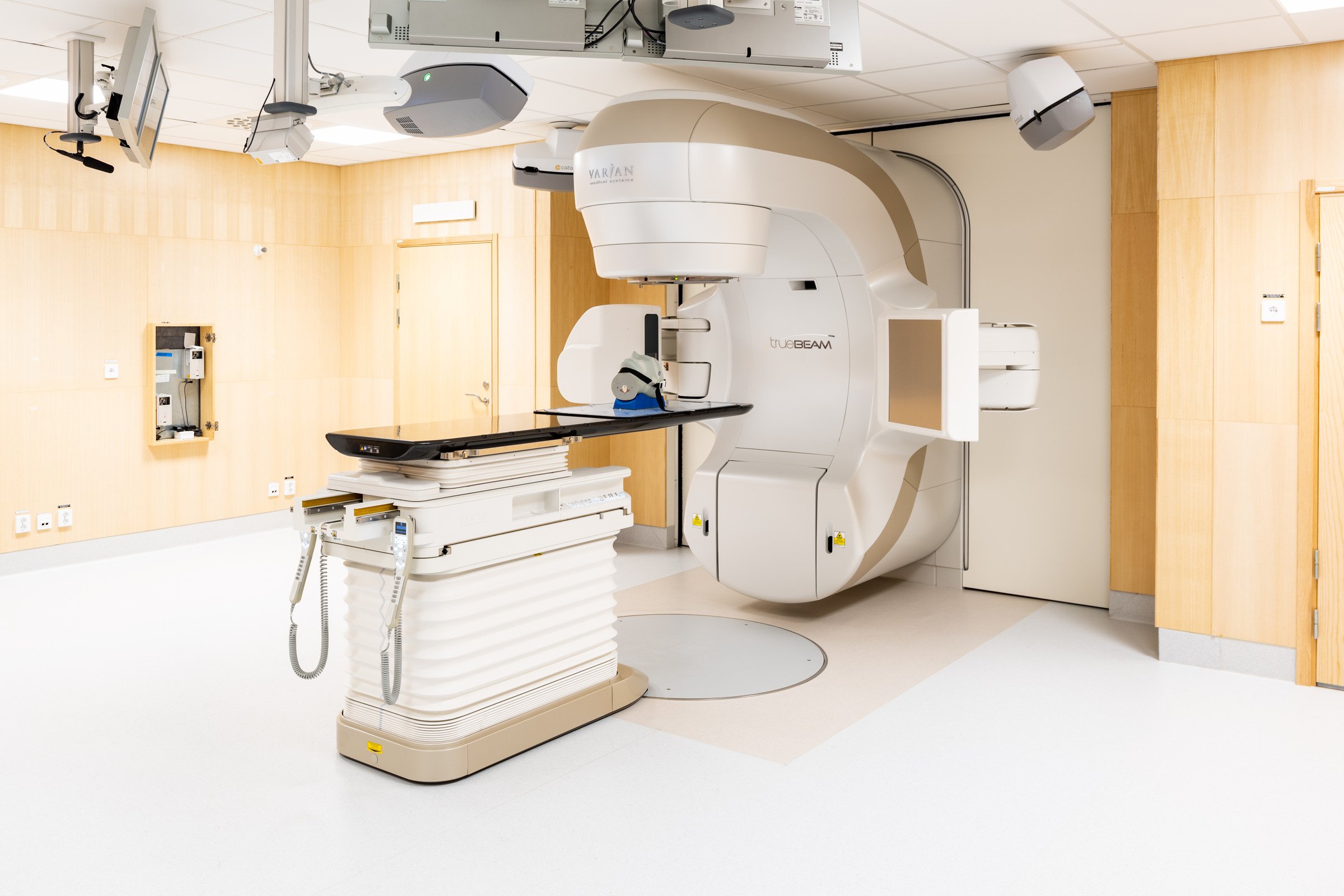Lung Cancer
Lung cancer is a significant health burden, being the most common and deadly type of cancer globally, with the most cancer deaths each year. There are two major types of lung cancer: non-small cell lung cancer, and small cell lung cancer, the former being the most common and further divided into subtypes, including adenocarcinoma and squamous cell carcinoma.
The primary risk factor for lung cancer is smoking, which is responsible for 80-90% of lung cancer cases. Other risk factors include secondhand smoke (exposure to other people's smoke), asbestos, radon, and air pollution. Lung cancer may also occur without any obvious risk factors; in fact, 10-20% of lung cancer happens to those who have never smoked.
The data is updated approximately every quarter and covers the last 12 months. Data provided by PREM, read more about PREM here.
Oncology
Our goal is to offer world-class cancer care based on every patient's individual needs. OncologyThoracic Surgery
We are a driving force in developing and implementing modern surgical methods and are at the forefront of minimally invasive surgery in the chest cavity. Thoracic Surgery
